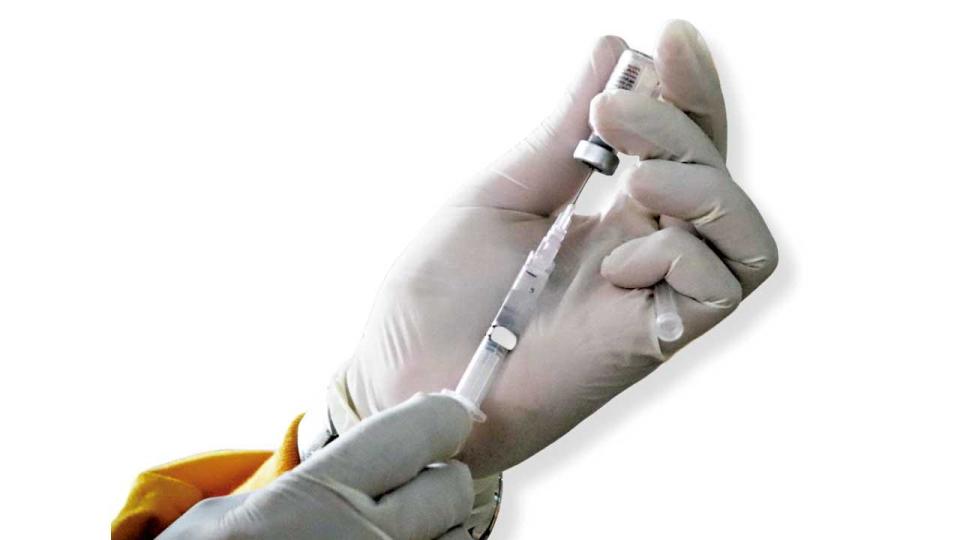After five waves of the epidemic, more than 900,000 people in Hong Kong have been infected and many of them have symptoms of the new crown. A survey found that more than 60 percent of chronically ill people believe their health has deteriorated after diagnosis.Zeng Qiyin, an infectious disease and infectious disease specialist, believes the impact of the new crown may be large or small. .
From mid-June to late July of this year, the Hong Kong Society for Rehabilitation interviewed 119 recovered COVID-19 patients with at least one chronic disease through an online questionnaire, of which 67% were over 55, with the hypertension which accounts for the majority (55.5%), followed by diabetes (31.1%).

More than 2 adults with at least 6 symptoms
The results showed that 62.2% believed their health status had deteriorated and the health change self-assessment score dropped from 6.61 before diagnosis to 5.62. Respondents with 6 or more symptoms increased from 5% before diagnosis to 26.9% after diagnosis. increase of 21.9 percentage points. Changes in cognitive ability, sleep quality and fatigue were the most significant, and fatigue was the most severe. 47% believe there was a large change after diagnosis, an increase of 42.2 percentage points, followed by waking up in the middle of the night or early, 52.9%, an increase of 42.2 percentage points. Third is short-term memory, with 50.8%, an increase of 34, 9 percentage points.
42.9% of the respondents had sought help because of their symptoms and 58.7% had been treated with medication. Another 48.7% thought TCM rehabilitation treatment was required, followed by rehabilitation exercise classes (38.8%) and a detailed medical evaluation (35.3%).
Carol, who has recovered from COVID-19, suffers from three highs. She was diagnosed in September of this year and she still has symptoms such as fatigue, insomnia, shortness of breath and loss of taste. Her quality of life is severely compromised and her physical strength is not as good as it used to be. . She is currently participating in government-provided Chinese medicine rehabilitation, but has not continued due to long waiting times.

Vaccines reduce the risk of coronavirus
Common symptoms of COVID-19 include fatigue, brain fog, skin rashes, depression, and anxiety. Zeng Qiyin pointed out that the new long-term crown will improve over time, but the risk of long-term diseases such as heart disease and diabetes cannot be ignored. She said studies have shown that vaccinated people have a lower chance of developing the new crown, and even after the new crown has recovered, it is still recommended that patients receive the remaining doses of the vaccine to reduce the chance of symptoms. persistent.
Involuntary is a long new crown
Zeng Qiyin went on to point out that when symptoms appear in generally cured patients, it may not be intentional or related to new coronary pneumonia. He reminded that if symptoms persist, they should seek specialist care as soon as possible to avoid continued deterioration of the disease. situation. When you have long-term symptoms of a new crown, you should maintain a balanced diet and add more protein to help your body repair damaged areas; you should also get enough sleep, don’t put too much pressure on yourself, don’t take a step and hope to quickly return to your pre-diagnosed body condition. It suggests setting short-term goals to help your body recover gradually.
Originally posted on AM730 https://www.am730.com.hk/health/ over 60% of chronically ill patients got worse after diagnosis / 345660? utm_source = yahoorss & utm_medium = referral


